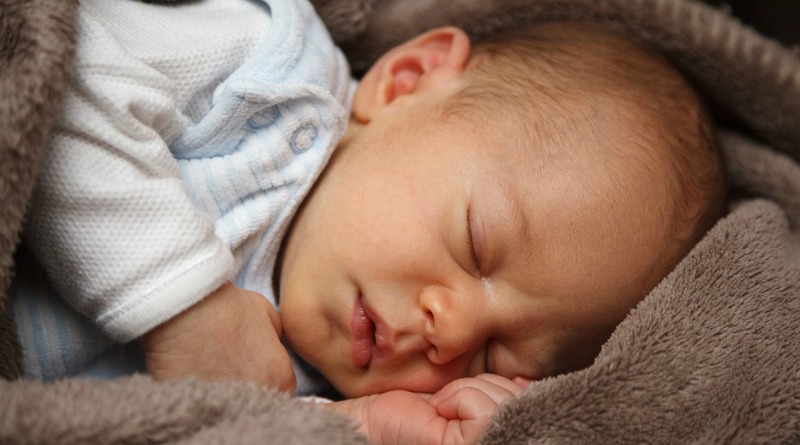How to Keep Your Pet Safe During the Coronavirus Pandemic
As the COVID-19 pandemic has swept nations around the world, people have adjusted their daily routines to protect themselves. While researchers learn more about this new strain of the coronavirus, different guidelines and recommendations have been making it to the public, such as wearing face coverings to go to the grocery store and staying six feet away from other people in public. Thus far, these methods have certainly been effective in slowing the spread of the dangerous virus. One question, however, has remained uncertain throughout these trying times: Can pets get coronavirus?
According to a recent update from the Centers for Disease Control and Prevention (CDC), our furry friends are susceptible to contracting the coronavirus. This conclusion comes after reports of multiple pets becoming infected after having contact with a person who had the virus. Two pet cats in New York tested positive for the coronavirus in late April, making them the United States’ first diagnoses of COVID-19 in domestic animals. On April 27, a pug in North Carolina became the first dog in the country known to have tested positive for coronavirus.
The CDC stresses that although there are cases of the virus traveling from humans to animals, there is no evidence that animals play a significant role in spreading the virus to humans. That just leaves the question, how can you protect your pet from contracting COVID-19?
Tips to Protect Your Pet From COVID-19
Humans love their four-legged companions. With over 75 million pet dogs in the United States — more than any other country — Americans are particularly fond of having a furry friend in the house. Pet owners want to do everything they possibly can to keep their animals safe, but they usually don’t have to worry about offering protections beyond protecting them from cars on walks and making sure they don’t get into any chocolate. Protecting your pet from an invisible virus is something that the vast majority of pet owners haven’t had to do before.
Currently, the CDC recommends that the best way to protect your pet is to treat them as you would other family members to prevent possible infection. That means having them following social distancing measures when you’re out in public by adhering to these instructions:
- Walk your dog on a leash and stay at least six feet away from other people and animals
- Avoid dog parks and other public places where large numbers of people and dogs gather
- Keep cats indoors whenever possible to keep them from interacting with other people and animals
- Don’t allow your pets to interact with other people or animals outside your household
If you or someone in your household is sick with COVID-19, either confirmed through a test or suspected based on the symptoms, restrict contact with pets in your home. The common cold can develop anywhere from one to three days after someone comes into contact with the virus, meaning that you may have it without knowing and potentially spread it to others before you start to show symptoms. The same is true with the coronavirus. Those who are infected with the coronavirus may show few or even zero symptoms, but they still risk spreading it to the people and animals around them.
This makes it important that anyone who believes they may have contracted coronavirus avoid contact with their pet. This contact includes petting, snuggling, sharing bedding or food, and being kissed or licked. If possible, have another member of the household care for your pets while you’re sick. If you must care for them, wear a cloth face covering and wash your hands before and after interacting with them, just like you would with humans.
If you are sick with COVID-19 and your pet also becomes sick, it is critical that you not take your pet to the vet yourself. Call your veterinarian and let them know that you have the coronavirus and that you believe your pet may also be sick. They may then offer telemedicine consultations or be able to arrange other plans for seeing your sick pet.
To stay healthy around your pets and make sure your pets stay healthy around you, remember to always practice good hygiene. This means covering your mouth when you sneeze or cough and thoroughly washing your hands after handling animals, their food, supplies, or waste. Be sure to clean up after your pets properly and keep them cleaned and groomed. If you see people with their pets in public, don’t ask to pet them or otherwise touch them. Working animals, such as the 900 dogs who work to detect explosives in U.S. airports and dogs that help people with sensory impairments, should also be left alone so that you don’t risk spreading the virus to them.
The possibility of your four-legged friend contracting coronavirus may be a scary thought, but the best thing you can do to protect your pet is to apply the same hygiene practices you’re using when interacting with humans. By keeping up with these practices and staying informed on the latest COVID-19 updates, you can help your entire family — humans and animals alike — stay healthy and safe.





Pingback: Things To Consider When Choosing Dietary Supplements For Your Pets - Night Helper